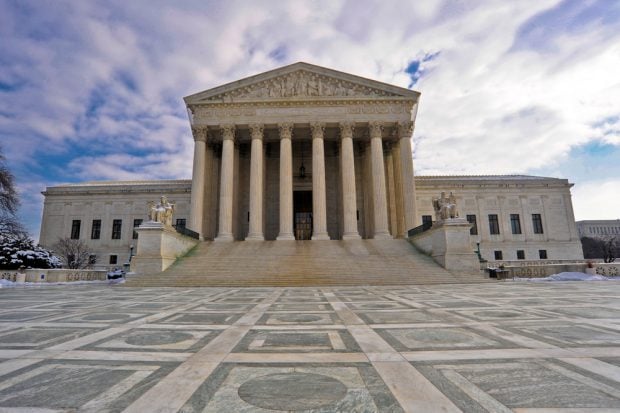A recent proposal from the BaselCommittee on Banking Supervision got the WorldCouncil of Credit Unions firing back at what it calledmisinformation released by the committee.
|In a letter to the Basel Committee, Michael Edwards, vicepresident and general counsel for WOCCU, cited numerous flaws inthe proposal as it relates to credit unions.
|Following the March 31 comment period closure date for the BaselCommittee's “Guidance on the Application of the Core Principles forEffective Banking Supervision to the Regulation and Supervision ofInstitutions Relevant to Financial Inclusion,” Edwards providedclarification to the committee in a letter that outlined WOCCU'sconcerns with the proposal.
|In the guidance, the committee referred to credit unions asnonbanks. In response, Edwards wrote, “While credit unions are notcalled banks per se, they are not considered nonbanks under anycommon definition.”
|He urged the committee to revise the proposal to update thedefinition of nonbank to the standard definition from the WorldBank, the European Commission, U.S. financial regulators and othersto define nonbank as a non-deposit-taking institution.
|“World Council strongly opposes the committee's attempt tocreate a new bifurcation in financial regulation that defines anyinstitution that is not a commercial bank as a nonbank,” Edwardssaid. “The committee's conflation of credit unions, buildingsocieties and mutual banks with nonbanks is likely to be viewed asa symptom of regulatory capture of the committee by commercialbankers. The term nonbank should only be used to refer toinstitutions that do not accept deposits, which is how the termnonbank is commonly understood and defined.”
|He called upon the committee to be consistent with the nonbankterminology employed by other regulators across the globe and torevise the proposed guidance to exclude credit unions and otherdepository institutions from the final version of the nonbankguidance.
||The proposal also includes language that would subject creditunions and other mutual depository institutions to more stringentregulatory standards than joint-stock financial institutions orcommercial banks.
|Edwards wrote that WOCCU opposes this aspect of the proposal asit calls for favoritism toward commercial banks and joint-stockmicrofinance institutions and would be detrimental to credit unionsand others.
|“The committee's proposal to discriminate against credit unionsand other mutual depository institutions is also likely to createartificial barriers to market entry for credit unions and similarmutual depository institutions that will reduce consumer choice andfinancial inclusion,” Edwards wrote. “Credit unions existprimarily to promote thrift and to provide their members with loansand other financial services at fair rates; credit unions exist notfor profit, not for charity, but for service to theirmembers.
|Additionally, WOCCU asked the committee to remove references toinitial capital requirements for credit unions. This was becausethe committee does not understand how credit unions have beenformed traditionally, Edwards explained.
|Other issues addressed by Edwards included a claim by thecommittee that credit unions are only for poor, unbankedindividuals. Edwards writes, “Credit unions are for everyone.”
|Further, Edwards wrote the proposal was only appropriate forinstitutions in the developing world – not in the U.S. and otherjurisdictions – where supervision of most financial institutions,including banks, is lax.
|WOCCU opposed several other aspects of the proposal, includingstatements that credit unions need to be regulated more stringentlythan banks and need higher capital ratios than similarly sizedbanks.
Complete your profile to continue reading and get FREE access to CUTimes.com, part of your ALM digital membership.
Your access to unlimited CUTimes.com content isn’t changing.
Once you are an ALM digital member, you’ll receive:
- Critical CUTimes.com information including comprehensive product and service provider listings via the Marketplace Directory, CU Careers, resources from industry leaders, webcasts, and breaking news, analysis and more with our informative Newsletters.
- Exclusive discounts on ALM and CU Times events.
- Access to other award-winning ALM websites including Law.com and GlobeSt.com.
Already have an account? Sign In
© 2024 ALM Global, LLC, All Rights Reserved. Request academic re-use from www.copyright.com. All other uses, submit a request to [email protected]. For more information visit Asset & Logo Licensing.









